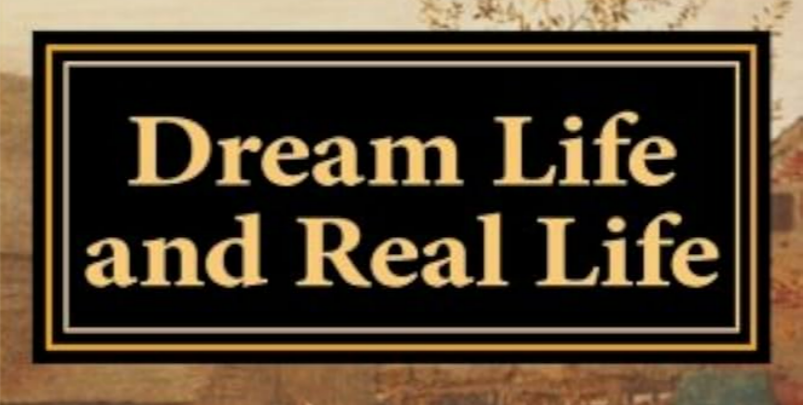Chapter I: Dream Life and Real Life; A Little African Story
byChapter I: Dream Life and Real Life; A Little African Story introduces young Jannita, whose quiet existence is tethered to the harsh routine of tending goats under the unforgiving African sun. Her life, shaped by the rigid demands of her Boer employers, offers little warmth or affection. Seeking shelter beneath the spindly shade of a milk-bush, Jannita falls asleep, and her world transforms. In the cocoon of her dream, the plain turns to a gentle meadow, and the people around her speak with kindness and familiarity. The dream draws her into a tender reunion with her father, imagined or remembered, evoking images of a Denmark untouched by hardship. This world, though unreal, offers her the sweetness of being seen, heard, and loved. For a few moments, she lives a life built not on fear, but on trust and emotional safety—luxuries absent from her waking hours.
Her dream ends with a jolt when a real intrusion forces its way into her consciousness. While asleep, a Hottentot has taken one of the goats she was meant to guard, exploiting her brief escape into reverie. Panic grips her as she realizes the loss will bring severe punishment, and she lies to cover her mistake. But the truth emerges, and she is left without supper, an act that reflects the cold retribution she has come to expect from the adults around her. Her hunger is not just physical; it echoes a deeper emptiness—of security, of understanding, of compassion. The punishment is a grim reminder that even a child’s moment of weakness holds no space for forgiveness in this unforgiving world. Her only comfort is her own imagination, which carries her through the night as she seeks solace where reality has failed her.
In the stillness of dusk, Jannita encounters a wild springbok—graceful, untamed, and free. The sight of it inspires something fierce within her, a longing for a life unbound by rules she did not choose. Emboldened by the animal’s elegance, she leaves behind her old life and wanders into the unknown. The open land, once oppressive, now offers the possibility of refuge. She stumbles upon a rocky hollow that becomes her sanctuary, a hidden space shaped by her courage and resolve. Here, in solitude, she carves out a life that belongs to her alone. Her small hands gather food, her senses sharpen, and for the first time, she tastes autonomy. This hidden place becomes a realm where no master commands and no judgment follows—only the rhythm of survival and the echoes of her dream.
Yet even in isolation, danger finds her. One day, as she hides near a cluster of bushes, she overhears a sinister conversation. Dirk, the Hottentot who betrayed her once, conspires with a Bushman and an English navvy to attack the very farm she fled. The knowledge shocks her into action. Despite the distance she’s placed between herself and that world, she cannot let harm fall upon those who remain behind—even the ones who punished her. Her decision to leave her sanctuary and return speaks not of loyalty to the Boers, but of a young girl’s inherent understanding of right and wrong. Her bravery is not dramatic, but rooted in empathy. She walks back through the landscape that had once caged her, driven not by orders, but by conscience.
Her return is met not with triumph, but with the crushing weight of inevitability. The sky threatens rain, mirroring the unrest that looms both around and within her. She attempts to warn them, to shift the course of events she knows are coming, but her small voice holds no power in a world already turned to violence. Standing in her place between two lives—one of servitude and one of self-made solitude—Jannita is caught in a storm of what she knows and what she cannot change. Her experience becomes a reflection of childhood caught in a world shaped by adult cruelty, where imagination is the only form of freedom left unguarded.
Jannita’s story ends not with resolution but with reflection. She has grown through her trials, not in size or stature, but in spirit and vision. The dream that once served as a retreat now becomes a lens through which she sees the brokenness around her. Her rose-colored vision of Denmark has not vanished, but it no longer blinds her to the complexity of her world. In that quiet, painful awareness, she carries a strength that no punishment, no lie, and no loss can take from her. Her journey is not just one of survival—it is the quiet emergence of a soul that, even in its smallest form, knows what it means to be free.

